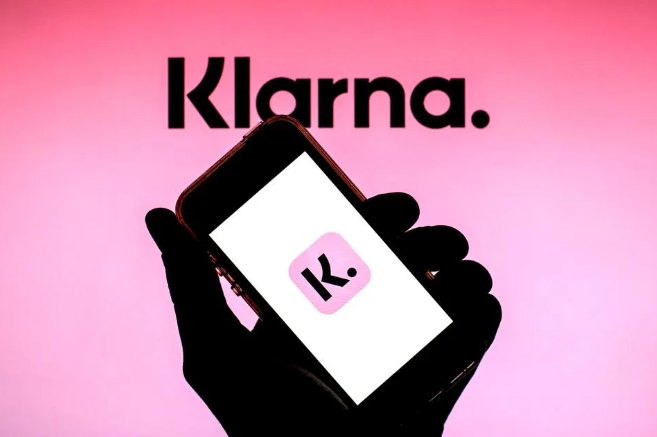Klarna, the renowned buy now, pay later firm, has recently undertaken a significant strategic step by establishing a holding company in the United Kingdom. This move symbolizes the company’s preparations for a potential listing on a stock exchange, although it remains in its early stages. Klarna’s decision to set up a holding company in the UK offers the company greater flexibility in selecting the stock exchange for its potential listing. In this article, we will delve into the details of this strategic move and its implications for Klarna and the broader fintech industry.
Klarna, headquartered in Stockholm, is a leading player in the European payments industry, with a valuation of $6.7 billion. Unlike its competitors like PayPal and Stripe, Klarna’s unique selling point lies in its flexible payment plans, commonly referred to as “buy now, pay later.” This approach gained tremendous popularity during the e-commerce boom driven by the COVID-19 pandemic.
Klarna’s journey has been marked by remarkable highs and lows. At the peak of the e-commerce boom, Klarna’s valuation soared to an astonishing $46 billion, with investments from heavyweight SoftBank. However, as the technology market’s exuberance began to deflate post-pandemic, Klarna’s valuation plummeted by 85%, ultimately settling at $6.7 billion.
The company has secured over $4 billion in funding from notable investors like Sequoia, Silver Lake, and China’s Ant Group. Klarna’s flexibility in payments and user-friendly checkout functionality for online merchants have played a pivotal role in its growth and popularity.
Klarna’s recent decision to establish a holding company in the UK is part of a broader legal entity restructuring. This move, aimed at setting the stage for a potential listing, has been discussed and approved by some of Klarna’s largest shareholders, including Sequoia and Heartland.
Although Klarna is taking preliminary steps toward a listing, the company has emphasized that it is still in the early stages of the process and has no immediate plans to go public. The spokesperson for Klarna also clarified that the choice of stock exchange for the listing has not been determined yet. By establishing the holding company in the UK, Klarna gains flexibility in selecting a suitable stock exchange.
It’s worth noting that the UK was considering introducing stricter regulations for the buy now, pay later industry, including affordability checks and clearer communication in advertisements. However, several major players in the industry, including Klarna, expressed concerns about these proposed regulations, stating that they might be compelled to exit the UK if faced with “heavy-handed” rules.
This pushback from industry leaders has led to discussions about potentially shelving these regulations. Klarna and other companies believe that regulations should apply uniformly to all players, including e-commerce giants like Amazon.
While navigating these changes and regulatory discussions, Klarna has made significant progress toward profitability. Earlier this year, the company reported its first month of profit since 2020. This achievement signals a positive trajectory for the fintech giant as it continues to refine its business model and adapt to changing market conditions.
Klarna has also been making substantial investments in artificial intelligence (AI) products. The company recently launched an AI image recognition tool capable of identifying specific products, such as jackets or headphones. This innovation aligns with Klarna’s commitment to enhancing the user experience and simplifying the online shopping process.
Klarna’s establishment of a holding company in the UK is a strategic move that paves the way for a potential stock market listing, though it remains in the early stages. Klarna, with its flexible buy now, pay later model, has been a significant player in the European payments industry. As the company navigates regulatory discussions and seeks profitability, it continues to invest in cutting-edge technology, ensuring its place at the forefront of the fintech industry. The fintech world eagerly awaits further developments from Klarna as it charts its path forward.
(Source: Ryan Browne | CNBC | Joe Hoppe | MarketWatch)









